Intro
Discover 5 effective cold sore treatments, including natural remedies and medications, to help alleviate symptoms and promote healing, reducing cold sore pain and fever blister outbreaks with antiviral and topical solutions.
Cold sores, also known as fever blisters, are a common and frustrating problem for many people. They are caused by the herpes simplex virus and can be triggered by a variety of factors, including stress, illness, and exposure to the sun. If you're one of the millions of people who suffer from cold sores, you know how uncomfortable and embarrassing they can be. Fortunately, there are several effective treatments available to help manage and alleviate the symptoms of cold sores. In this article, we'll explore five cold sore treatments that can help you find relief and reduce the frequency and severity of outbreaks.
The importance of treating cold sores cannot be overstated. Not only can they be painful and unsightly, but they can also be contagious and spread to other parts of the body or to other people. Additionally, cold sores can be a sign of a weakened immune system, which can make you more susceptible to other illnesses and infections. By treating cold sores effectively, you can help to boost your immune system, reduce the risk of complications, and improve your overall health and well-being.
Cold sores can be treated with a variety of over-the-counter and prescription medications, as well as natural remedies and lifestyle changes. Some treatments focus on relieving the symptoms of cold sores, such as pain, itching, and inflammation, while others aim to reduce the frequency and severity of outbreaks. In this article, we'll discuss five cold sore treatments that can help you manage and alleviate the symptoms of cold sores, including medication, home remedies, and lifestyle changes.
Cold Sore Treatment Options
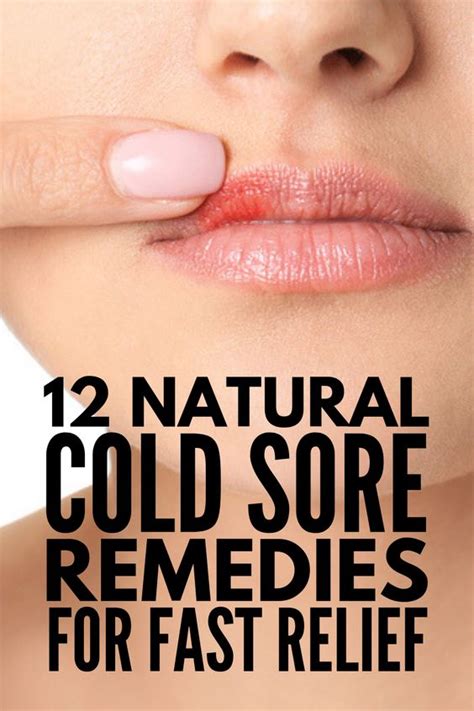
There are several cold sore treatment options available, including over-the-counter medications, prescription medications, and natural remedies. Over-the-counter medications, such as topical creams and ointments, can help to relieve the symptoms of cold sores, such as pain, itching, and inflammation. Prescription medications, such as antiviral medications, can help to reduce the frequency and severity of outbreaks. Natural remedies, such as herbal supplements and homeopathic treatments, can also be effective in managing and alleviating the symptoms of cold sores.
Types of Cold Sore Treatments
Cold sore treatments can be categorized into several types, including topical treatments, oral medications, and lifestyle changes. Topical treatments, such as creams and ointments, are applied directly to the affected area and can help to relieve the symptoms of cold sores. Oral medications, such as antiviral medications, are taken by mouth and can help to reduce the frequency and severity of outbreaks. Lifestyle changes, such as stress management and dietary changes, can also help to manage and alleviate the symptoms of cold sores.Medication for Cold Sores
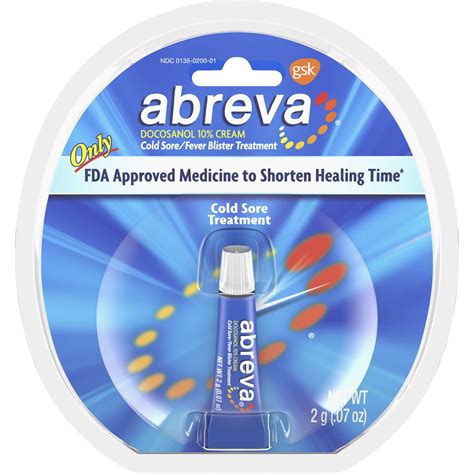
Medication is one of the most common cold sore treatments. There are several types of medications available, including over-the-counter and prescription medications. Over-the-counter medications, such as topical creams and ointments, can help to relieve the symptoms of cold sores, such as pain, itching, and inflammation. Prescription medications, such as antiviral medications, can help to reduce the frequency and severity of outbreaks. Some common medications for cold sores include:
- Acyclovir: an antiviral medication that can help to reduce the frequency and severity of outbreaks
- Valacyclovir: an antiviral medication that can help to reduce the frequency and severity of outbreaks
- Docosanol: a topical medication that can help to relieve the symptoms of cold sores
- Lidocaine: a topical anesthetic that can help to relieve pain and discomfort
How to Use Medication for Cold Sores
To use medication for cold sores effectively, it's essential to follow the instructions carefully and take the medication as directed. Here are some tips for using medication for cold sores:- Take the medication as soon as you notice the symptoms of a cold sore
- Apply topical medications directly to the affected area
- Take oral medications by mouth with water
- Follow the instructions carefully and take the medication for the full recommended course
Home Remedies for Cold Sores
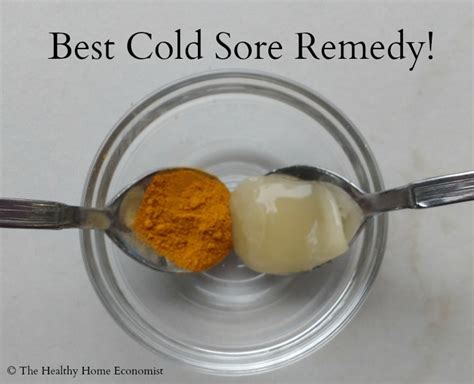
Home remedies are another effective way to manage and alleviate the symptoms of cold sores. Here are some common home remedies for cold sores:
- Ice: applying an ice pack to the affected area can help to reduce pain and inflammation
- Aloe vera: applying aloe vera gel to the affected area can help to soothe and calm the skin
- Tea tree oil: applying tea tree oil to the affected area can help to reduce inflammation and promote healing
- Honey: applying honey to the affected area can help to soothe and calm the skin
How to Use Home Remedies for Cold Sores
To use home remedies for cold sores effectively, it's essential to follow the instructions carefully and use the remedies as directed. Here are some tips for using home remedies for cold sores:- Apply the remedy directly to the affected area
- Use the remedy as soon as you notice the symptoms of a cold sore
- Follow the instructions carefully and use the remedy for the full recommended course
- Be patient and persistent, as home remedies may take longer to work than medication
Lifestyle Changes for Cold Sores
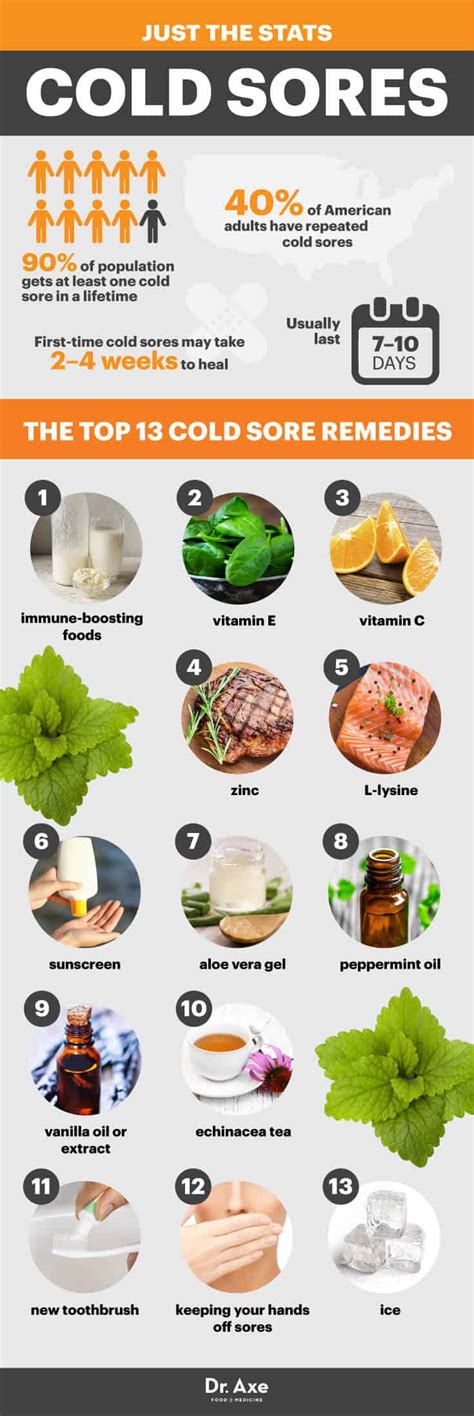
Lifestyle changes are an essential part of managing and alleviating the symptoms of cold sores. Here are some common lifestyle changes that can help to reduce the frequency and severity of outbreaks:
- Stress management: stress can trigger cold sore outbreaks, so managing stress through techniques such as meditation and deep breathing can help to reduce the frequency and severity of outbreaks
- Dietary changes: eating a healthy and balanced diet that is rich in vitamins and minerals can help to boost the immune system and reduce the frequency and severity of outbreaks
- Getting enough sleep: getting enough sleep can help to boost the immune system and reduce the frequency and severity of outbreaks
- Avoiding triggers: avoiding triggers such as exposure to the sun and wind can help to reduce the frequency and severity of outbreaks
How to Make Lifestyle Changes for Cold Sores
To make lifestyle changes for cold sores effectively, it's essential to be patient and persistent. Here are some tips for making lifestyle changes for cold sores:- Start small: start by making one or two changes and gradually add more changes over time
- Be consistent: consistency is key when it comes to making lifestyle changes, so try to make the same changes every day
- Seek support: seek support from friends and family members to help you stay motivated and on track
- Be patient: lifestyle changes may take longer to work than medication, so be patient and persistent
Natural Remedies for Cold Sores
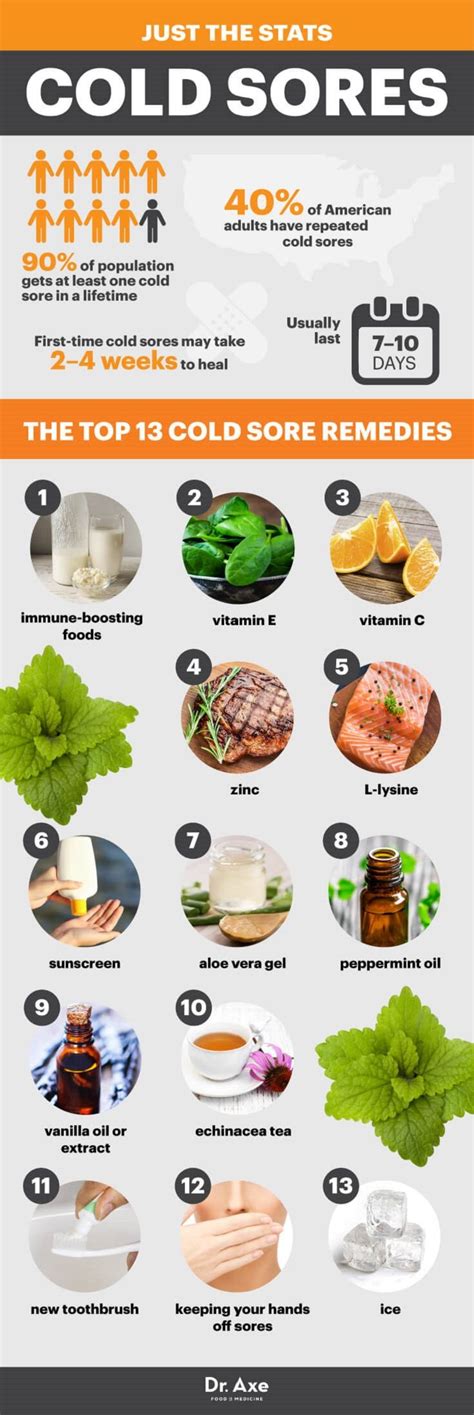
Natural remedies are another effective way to manage and alleviate the symptoms of cold sores. Here are some common natural remedies for cold sores:
- Herbal supplements: herbal supplements such as echinacea and garlic can help to boost the immune system and reduce the frequency and severity of outbreaks
- Homeopathic treatments: homeopathic treatments such as natrum muriaticum and rhus toxicodendron can help to relieve the symptoms of cold sores
- Aromatherapy: aromatherapy such as lavender and tea tree oil can help to soothe and calm the skin
How to Use Natural Remedies for Cold Sores
To use natural remedies for cold sores effectively, it's essential to follow the instructions carefully and use the remedies as directed. Here are some tips for using natural remedies for cold sores:- Use the remedy as soon as you notice the symptoms of a cold sore
- Follow the instructions carefully and use the remedy for the full recommended course
- Be patient and persistent, as natural remedies may take longer to work than medication
- Consult with a healthcare professional before using natural remedies, especially if you have any underlying medical conditions or are taking any medications
What are the most common symptoms of cold sores?
+The most common symptoms of cold sores include pain, itching, and inflammation. Cold sores can also cause a burning or tingling sensation, and can be accompanied by fever and swollen lymph nodes.
How can I prevent cold sore outbreaks?
+Cold sore outbreaks can be prevented by avoiding triggers such as exposure to the sun and wind, managing stress, and getting enough sleep. Eating a healthy and balanced diet that is rich in vitamins and minerals can also help to boost the immune system and reduce the frequency and severity of outbreaks.
What are the most effective treatments for cold sores?
+The most effective treatments for cold sores include medication, home remedies, and lifestyle changes. Medication such as antiviral medications can help to reduce the frequency and severity of outbreaks, while home remedies such as ice and aloe vera can help to relieve the symptoms of cold sores. Lifestyle changes such as stress management and dietary changes can also help to reduce the frequency and severity of outbreaks.
In summary, cold sores can be managed and alleviated with a variety of treatments, including medication, home remedies, and lifestyle changes. By understanding the causes and symptoms of cold sores, and by using the right treatments, you can reduce the frequency and severity of outbreaks and improve your overall health and well-being. We encourage you to share your experiences and tips for managing cold sores in the comments below, and to share this article with anyone who may be struggling with cold sores. By working together, we can find the best ways to manage and alleviate the symptoms of cold sores and improve our overall health and well-being.
